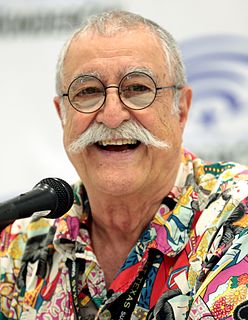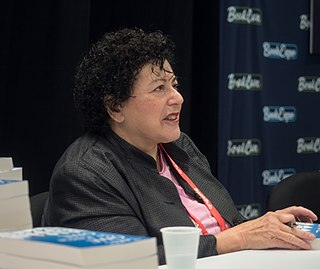A Quote by Jesse Eisenberg
I made the mistake of writing something very, very short about Obama for this website that I write fiction for, and my father told me never do that again. And he was right. I have nothing to add to a political conversation because it's not my area.
Related Quotes
My father was very political. But he told me, "Be very careful when you get into politics, because there's no black and white. There's an in-between in everything. So look at that side, don't take one point, because then you are negating half of the other people. Try to find the logic on a problem, something that you believe, and take the position that you believe, but be very careful about it." So I was very well trained in that aspect.
I write fiction longhand. That's not so much about rejecting technology as being unable to write fiction on a computer for some reason. I don't think I would write it on a typewriter either. I write in a very blind gut instinctive way. It just doesn't feel right. There's a physical connection. And then in nonfiction that's not the case at all. I can't even imagine writing nonfiction by hand.
Darling, You asked me to write you a letter, so I am writing you a letter. I do not know why I am writing you this letter, or what this letter is supposed to be about, but I am writing it nonetheless, because I love you very much and trust that you have some good purpose for having me write this letter. I hope that one day you will have the experience of doing something you do not understand for someone you love. Your father
I'm one of those writers who started off writing novels and came to writing short stories later, partly because I didn't have the right ideas, partly because I think that short stories are more difficult. I think learning to write short stories also made me attracted toward a paring down of the novel form.
I think when you're 17 and you're angry, you're angry about very short-term things. And there's nothing wrong about writing that record. It's a very real record to write; it's the realest record I could write when I was 17. The problem is, when you're 28, it's not the same thing; it can be a put-on.
I've never written anything that I haven't wanted to write again. I want to, and still am, writing 'A Few Good Men' again. I didn't know what I was doing then, and I'm still trying to get it right. I would write 'The Social Network' again if they would let me, I'd write 'Moneyball' again. I would write 'The West Wing' again.
The thing is that my first novel, which was basically a mystery adventure story, won quite an important award in Spain for young adult fiction, and because of this it became a very successful book, and right now it's some sort of a standard title, it's read widely in many high schools in Spain, so I think, in a way, I was a victim of my own success in the field of young adult fiction, because it was never my own natural register. I never intended to write that kind of fiction, but I became very successful at it.



































